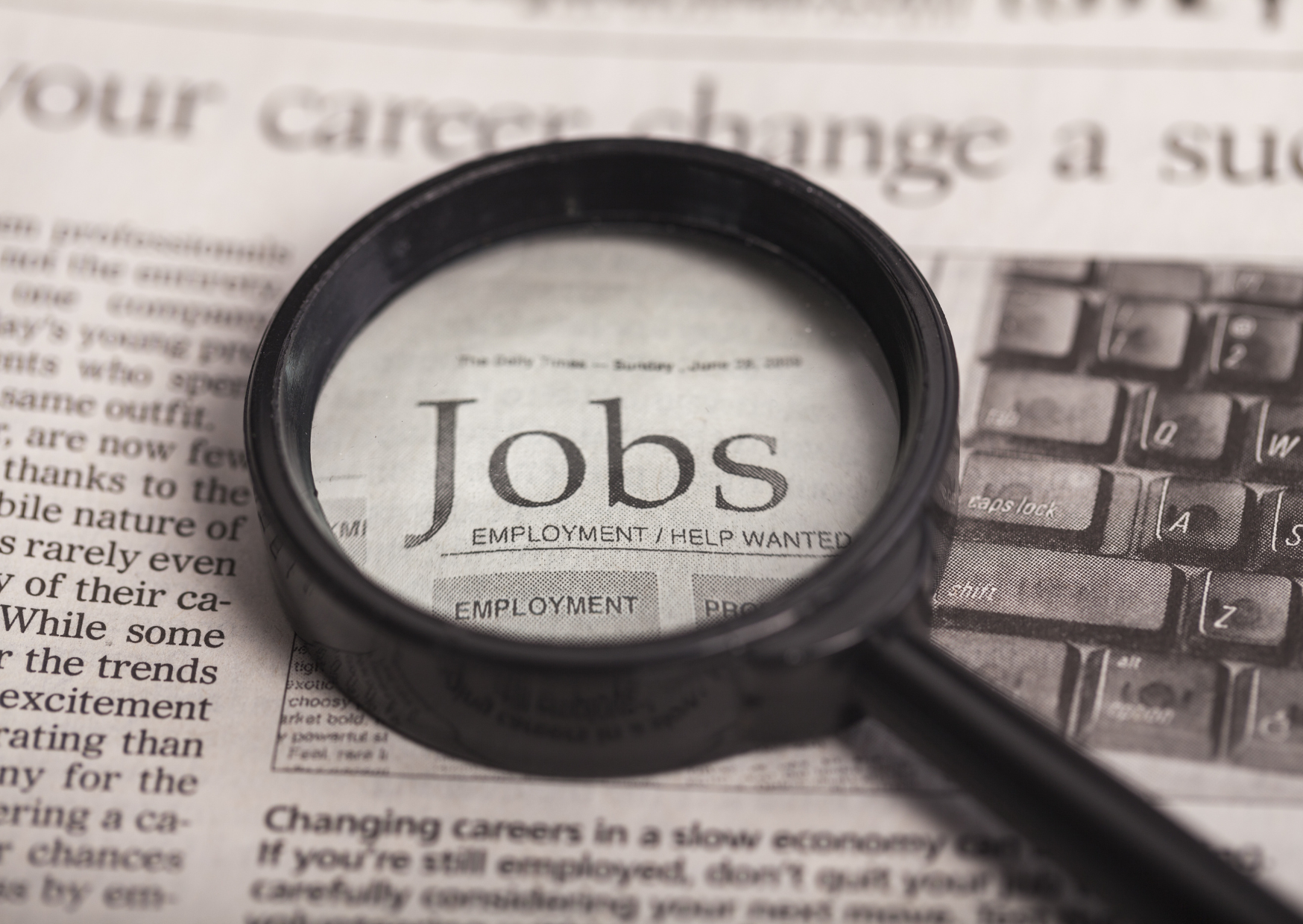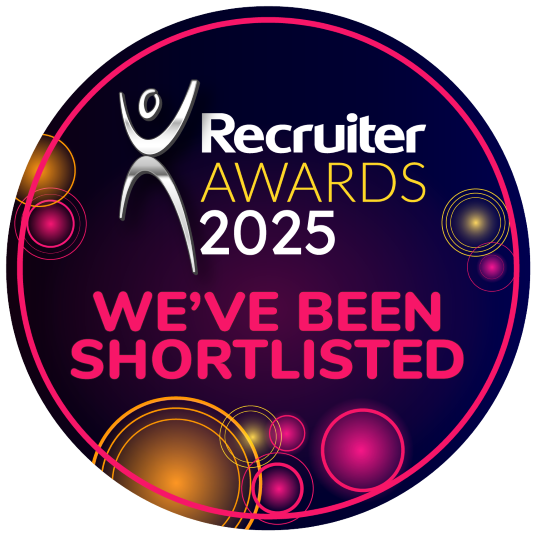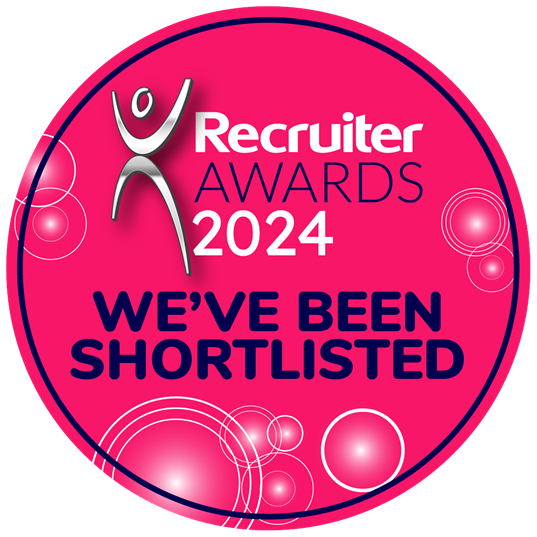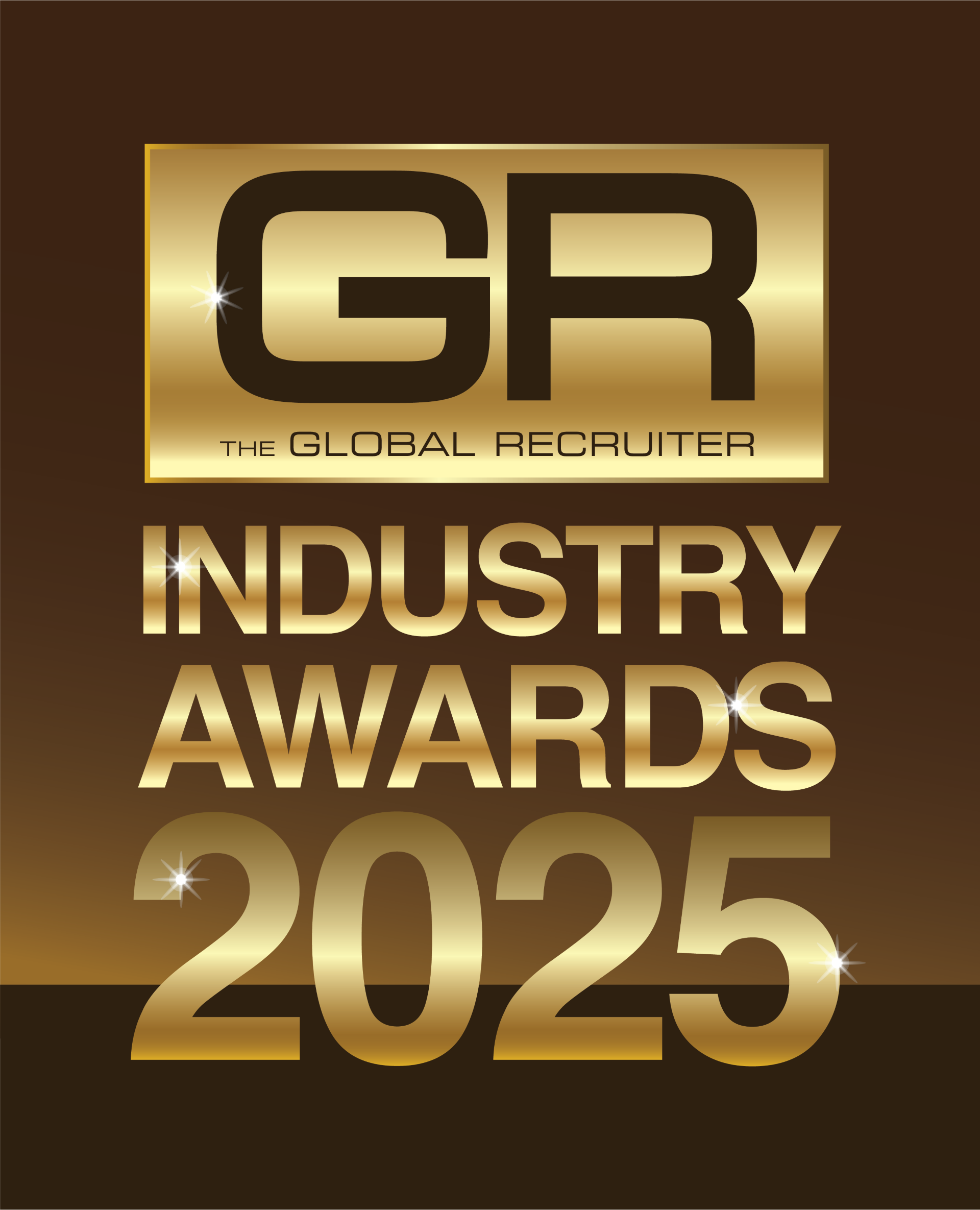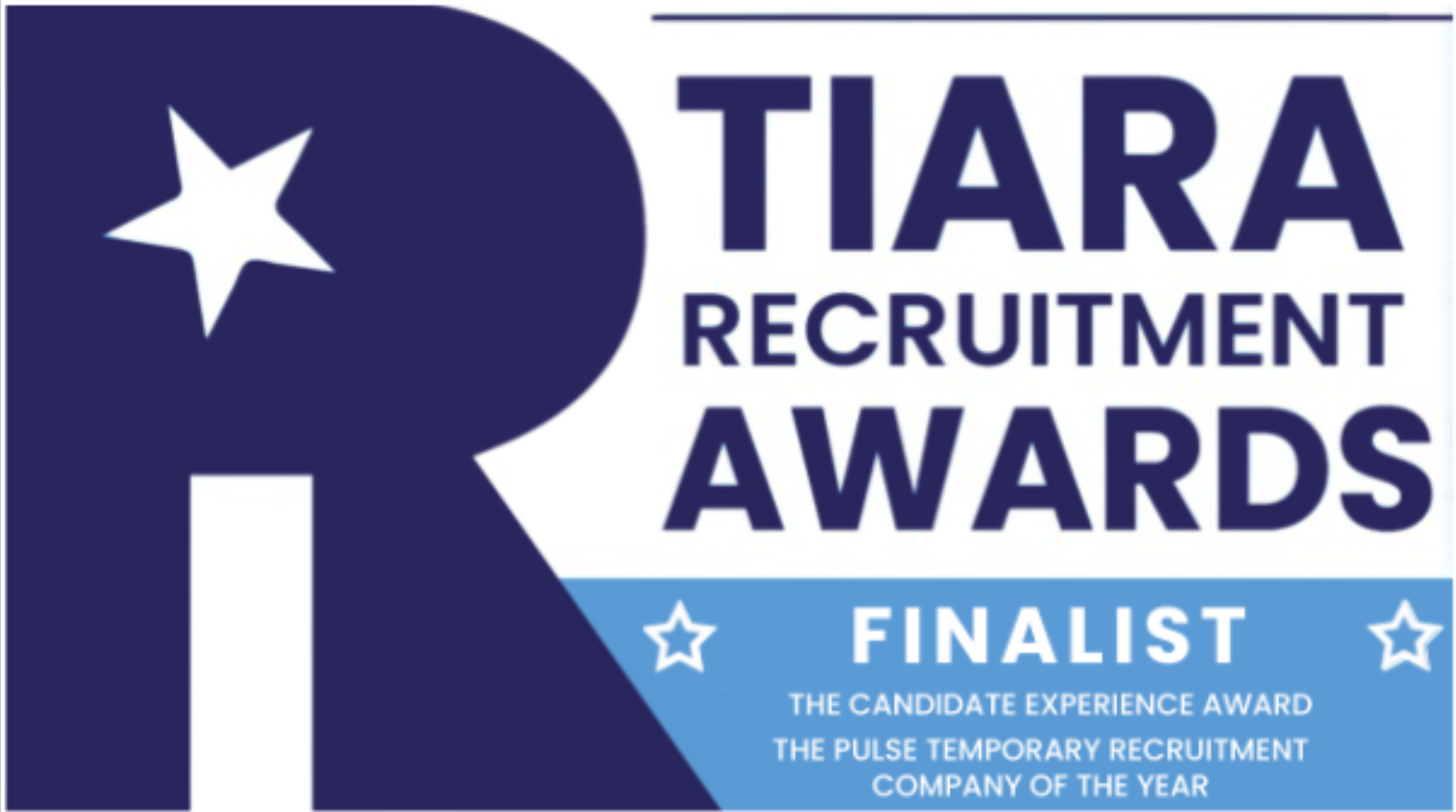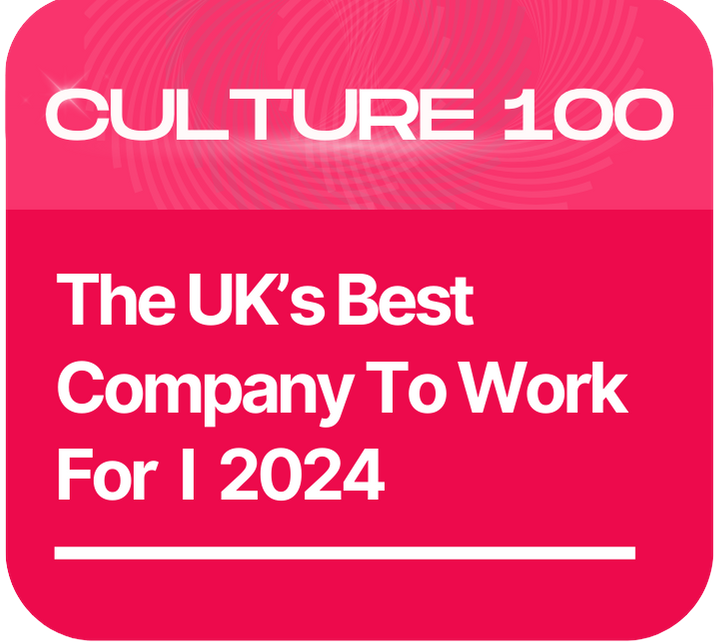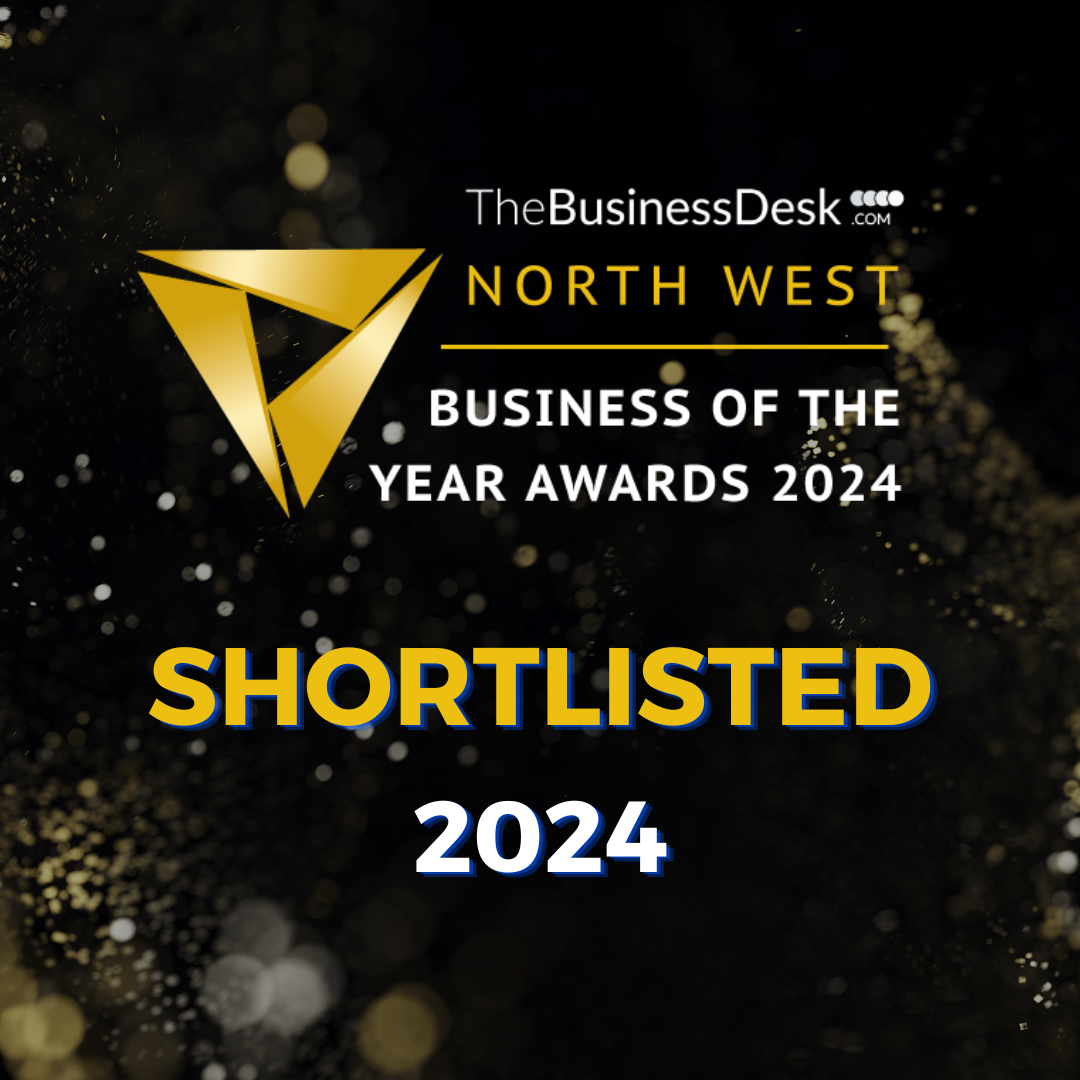V7’s Recruitment RADAR
AI is Rewriting the Rules of Hiring
The longer a role is left unfilled, naturally, it causes more pressure to build up on already lean teams.
Traditional hiring methods are proving to be slow and clunky as technology evolves. Gone are the days of it being sufficient to just post a job online, wait for relevant candidates to apply and schedule interviews. As AI progresses and gets smarter, it’s transforming the hiring funnel and making talent acquisition fast, transparent and grounded in real data. Some of the biggest companies out there are benefiting from the use of AI right now.
Unilever has adopted AI-driven video interviews into their hiring processes to help support speedy and insightful decision-making; The video picks up facial expressions, tone of voice and keyword usage which otherwise may be missed.
AI is unquestionably going to become a staple tool for recruitment consultants to speed up their administrative tasks. However, it’s important to be aware and ensure a human approach is still taken when hiring.
AI Is Creating Copycat CVs: A New Hiring Dilemma
Recruiters and Hiring Managers are thriving off the capabilities that AI is providing them to execute their tasks efficiently. But they’re not alone in using this technology when it comes to hiring.
With the average job-seeker in the UK needing to make an astonishing 27 job applications in order to secure just one job interview, AI is helping talent to apply for more roles at speed through generating tailored CV’s and Cover Letters. Although this is highly beneficial candidates, the use of this technology is not going unnoticed by employers. Repetitive sentences and phrases – generated by Ai – is being used across candidate CV’s. For example:
“My skills align with your organisation’s objectives and goals” is being noted as the opening line across cover letters produced by AI
AI can undoubtedly produce tailored documents at speed, but without inserting enough accurate information to begin with, candidates must be careful not to distort the truth.
What are your thoughts on using AI as a candidate?
Job Hunting Heats Up
The UK job market has experienced its most significant surge in job seekers since 2020, driven by a combination of rising redundancies and a decline in job vacancies. However, stability does appear to returning as the overall number of active job postings in February 2025 was 1,550,191, an increase of 0.1% from the number of postings in January 2025.
The Recruitment and Employment Confederation stated:
“Firms have been working hard to find growth in the face of rising costs since the Budget, and it is reassuring that some are now feeling more ready to hire.”
After the struggles felt industry-wide over the last 4 years, the volume of job postings show that the market is getting healthier despite wider challenges.
“Growing stability of demand will reassure recruiters and policymakers, given the challenging outlook for business on National Insurance hikes, wage increases, global political shifts and the uncertainty about the future impact of the Employment Rights Bill”.
Has This Gone Too Far?
Focused on prioritising a candidate’s skillset over their formal qualifications, skills-based hiring has become favourable with hiring managers over the last few years; especially as individuals more frequently choose a different career path to the stereotypical University route. This approach aims to identify the best fit for a role by evaluating a candidate’s practical skills… showcasing their potential to succeed. Tasks during the interview process are usually centred around demonstrating practical skills and discussing real-life scenarios.
However, a viral Reddit thread recently sparked a debate over unusual trends happening.
Hidden interview tasks.
The thread revealed that managers have been using secret hiring tests to determine whether a candidate is suitable for the job. The task sparking heated conversation in the thread – The ‘Water’ Test. Essentially, this hidden task involves:
“Interviewers will put a jug of water with a cup out to see if anyone would drink it while being interviewed. Apparently, you can tell a lot about a person from the way they refuse the offer of the water or by drinking it too fast. Those who drink at a ‘normal pace’ during the interview are seen as being ‘confident in the workplace'”.
What are your thoughts on Secret Tasks like this during interviews? Do you think it’s fair to be judged on how competent you are for a job based on how you drink offered water?
Let us know in the comments!
The art of good business is being a good middleman
V7 Recruitment are the go-to recruiter for every organisation and individual operating in our core sectors providing high quality services, trust and professionalism. Find out more about our recruitment solutions and talk to one of our consultants today.

Published on April 16, 2025
Written by
Leave a Reply
Your email address will not be published. Required fields are marked *
